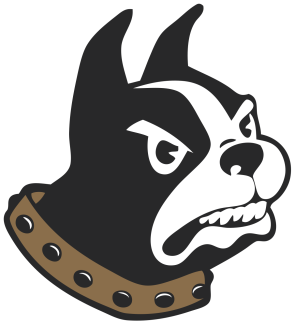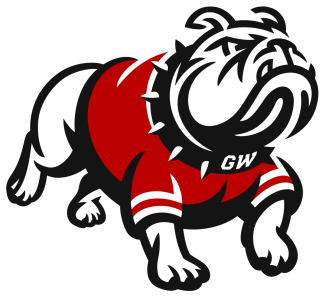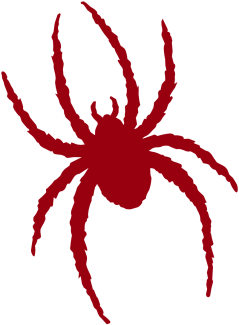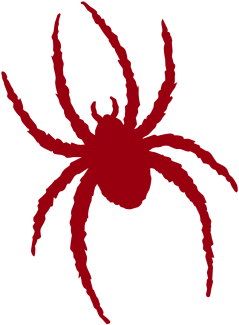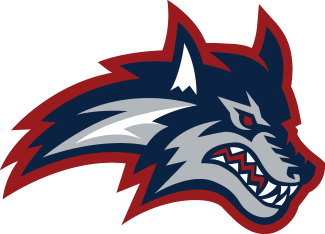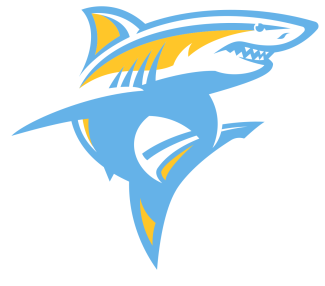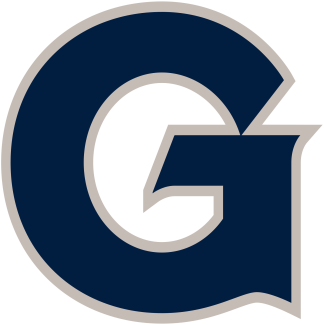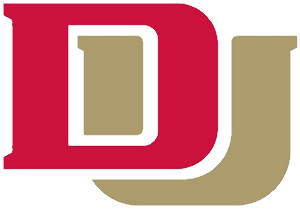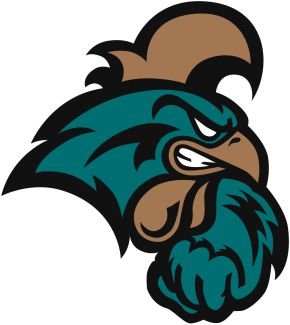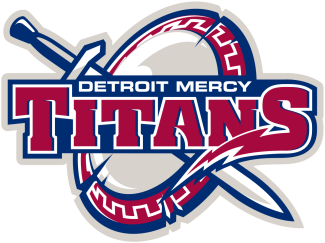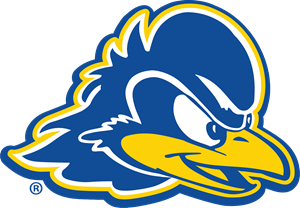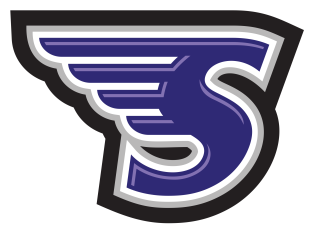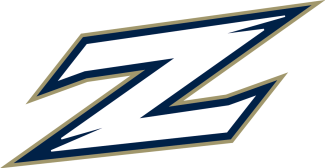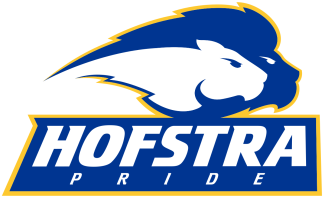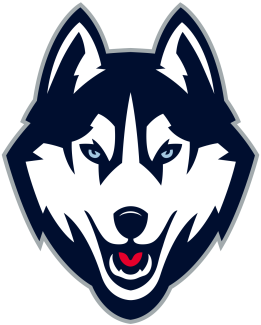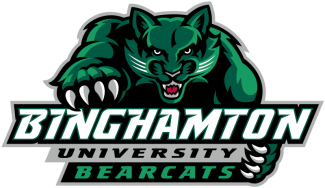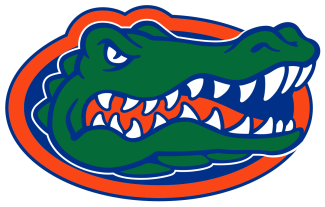Even Matt Kavanagh, who was a first-round draft pick, had some extra motivation over the summer after not being selected to play for Team USA in the FIL World Championship.
“We’ve been very fortunate to have the people that built our roster, from [former GM and coach] Brian Reese to Tony Seaman and [assistant GM] Jon Cohen,” Outlaws president Mac Freeman said. “I’m confident we spend more time watching tape, grading out players, looking through the supplemental draft and identifying guys who might not have played at the biggest programs or been the biggest names. … We put more time into it, and we have great folks putting together rosters. The hard work pays off.”
Sullivan is the perfect example of this approach. Undrafted out of Hofstra in 2016, he was selected by Denver in the fifth round of the 2017 supplemental draft. He has started every game the last two seasons and emerged as the Outlaws’ top defenseman.
“I had to prove I did belong and prove everybody that passed on me that they made a mistake,” Sullivan said.
Grant, who has now won a championship as both a player and a coach for the Outlaws, added it’s not just the front office that puts in countless hours of work.
“I know these guys go to work all week to be ready on the weekend,” he said. “There’s no fakers in this league. If you go out and you’re not in shape, you’ll know pretty quickly. If you don’t work on your stick, you’ll know pretty quickly. We believe guys will do the right thing during the week, and the 60 minutes over the weekend are pure joy for our guys. They’ll do whatever it takes to keep it going for their teammates.”
In addition to the players, coaches and front office staff, Freeman also gave credit to owner Pat Bowlan, who is also majority owner of the NFL’s Denver Broncos. Freeman said the Outlaws attempt to replicate the atmosphere the Broncos have, where the only goal is to win the championship that year — a culture that in term permeates the locker room.
Whether it’s Lee Zink, Jesse Schwartzman or Matt Bocklet, Grant explained that having players that have been a part of the team’s success for several years not only adds invaluable experience, but also it creates continuity.

